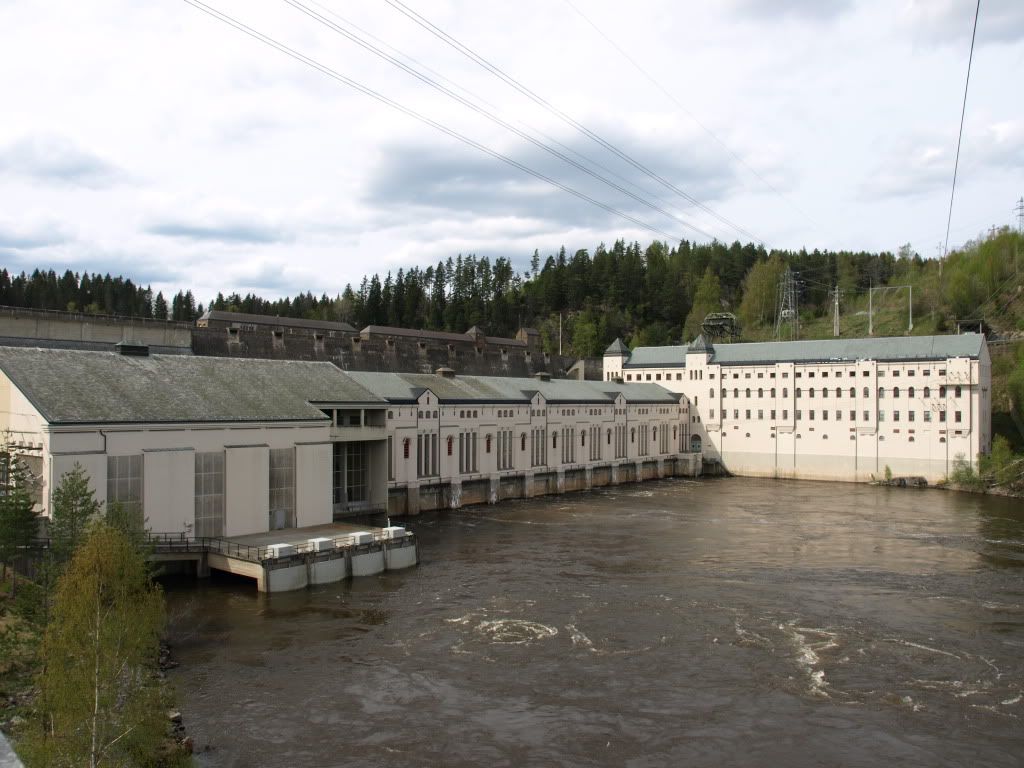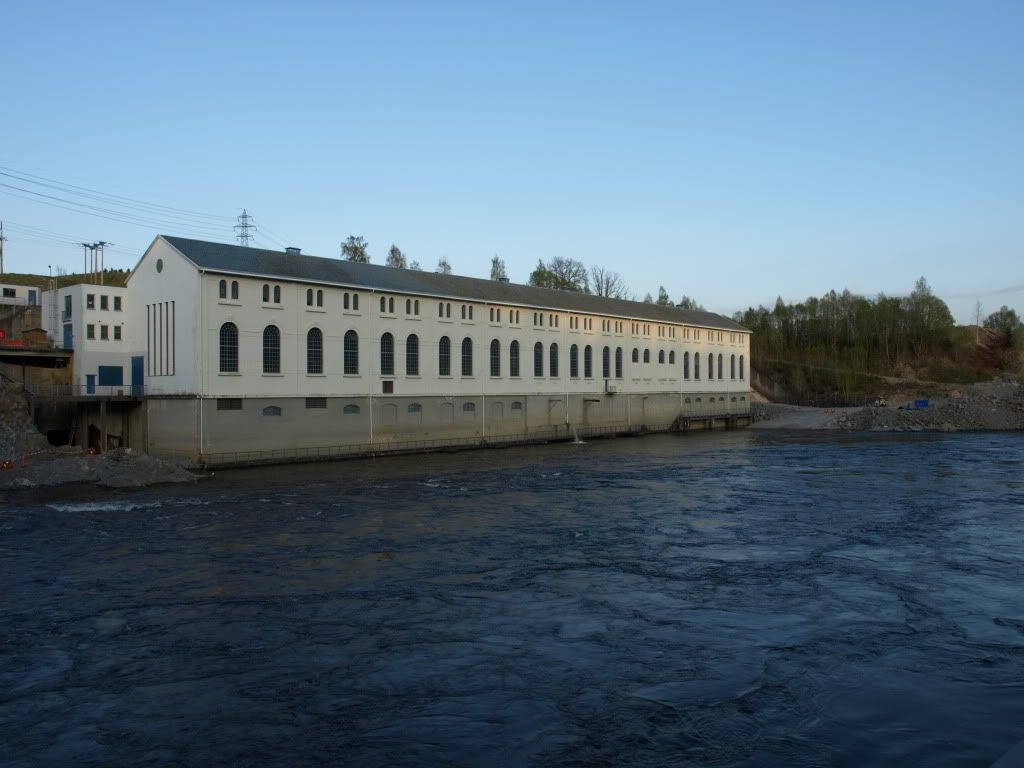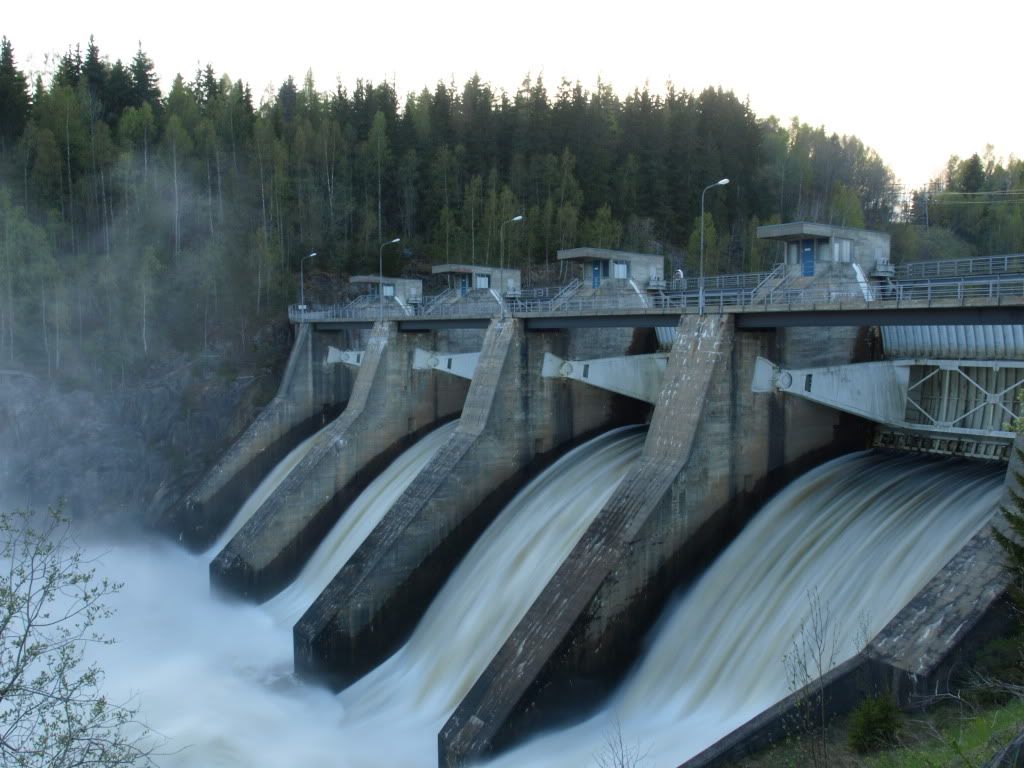I just drove from the Bay Area to Salt Lake and back, and I have to do it again in a week.
Tell me, can this thing charge a car capable of towing two bikes and a full load of household goods in less than 5 minutes with a charge capable of carrying it at least half way across the state of Nevada? (I'm being generous, one tank on my Civic will get me all the way across, but I fill up at about a third of a tank for safety.)
No? Then it can fuck off until it can. Electric is fine for in-town, but you need a fast energy source for long distance trips. A plug-in hybrid would be fine with me, electric for in-town (install charging stations in parking lots so you never run on the engine) where most of us do our driving and a gas or diesel motor for power generation for longer trips. Full electric is fine as long as you never want to go more than 100 miles in a day.
Tell me, can this thing charge a car capable of towing two bikes and a full load of household goods in less than 5 minutes with a charge capable of carrying it at least half way across the state of Nevada? (I'm being generous, one tank on my Civic will get me all the way across, but I fill up at about a third of a tank for safety.)
No? Then it can fuck off until it can. Electric is fine for in-town, but you need a fast energy source for long distance trips. A plug-in hybrid would be fine with me, electric for in-town (install charging stations in parking lots so you never run on the engine) where most of us do our driving and a gas or diesel motor for power generation for longer trips. Full electric is fine as long as you never want to go more than 100 miles in a day.






